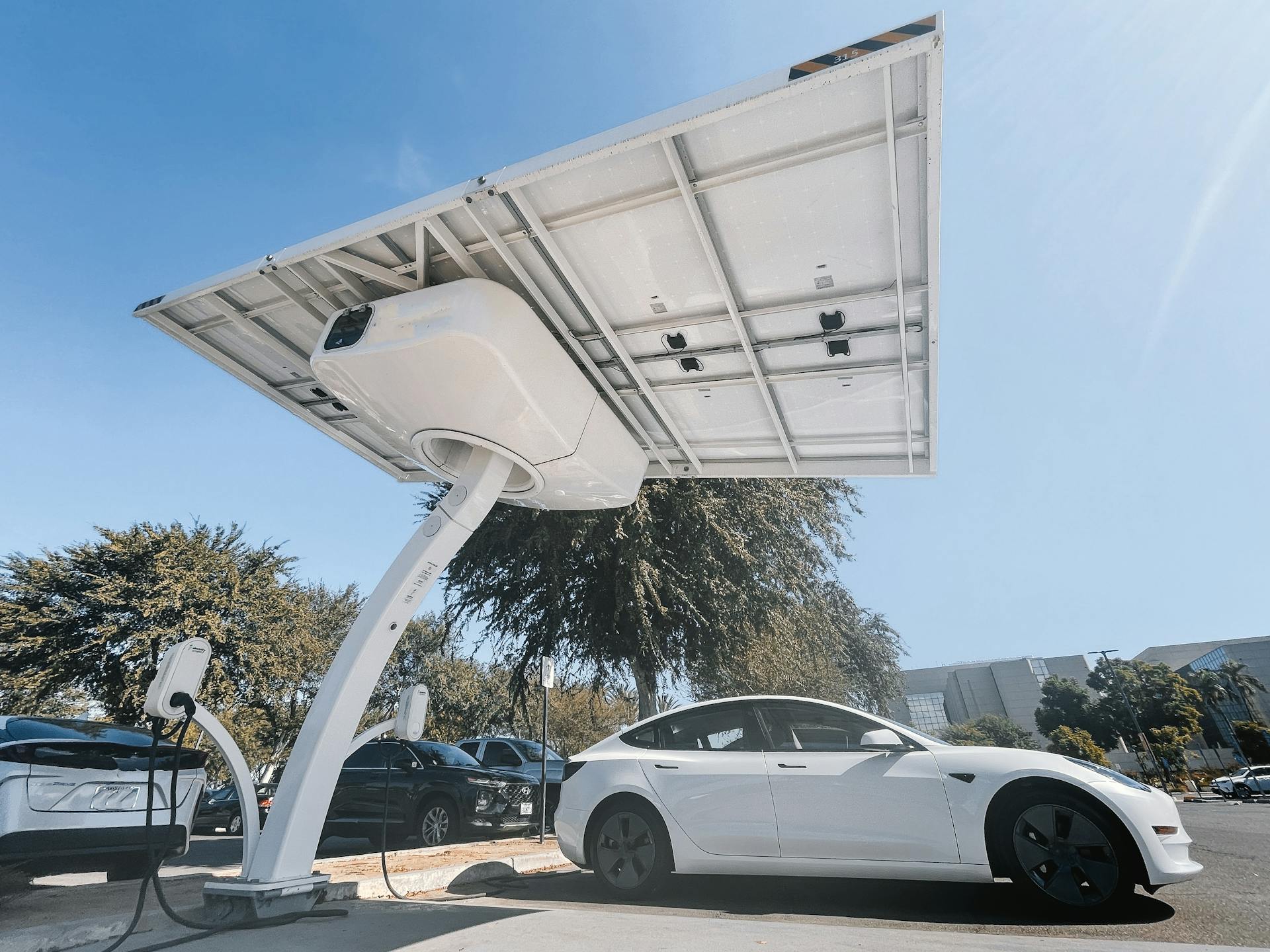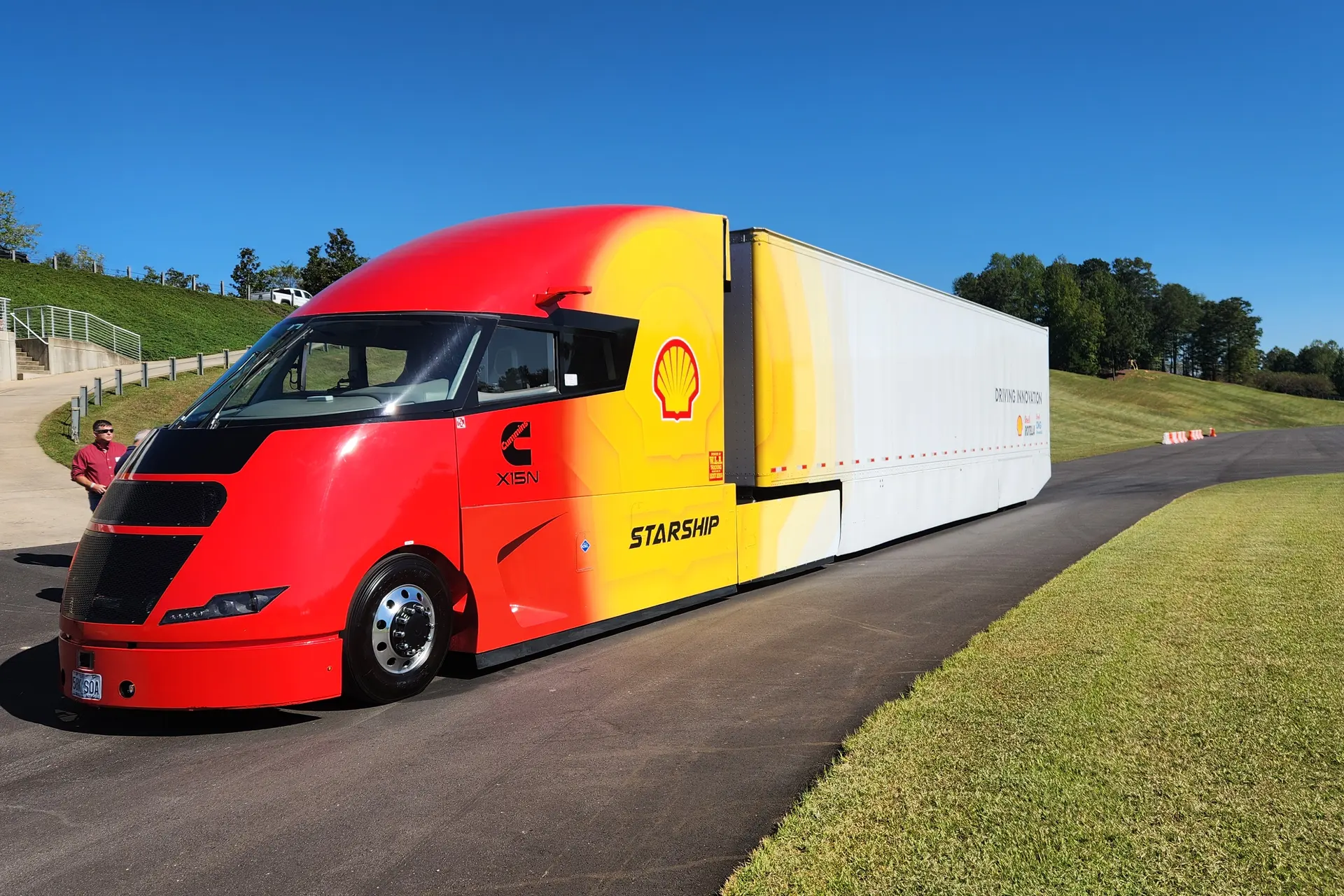Electric Vehicle Charging Might Be Significantly Slower Than Most Users Expect

As electric vehicles (EVs) continue to grow in popularity, many challenges surrounding their infrastructure are becoming more evident, particularly with regard to charging stations. For the semi-trucking industry, these challenges could slow the development and adoption of electric semi-trucks, especially in states like Texas, Arkansas, and Arizona. While consumer electric vehicles have made significant strides, the shortcomings of EV charging infrastructure present significant hurdles for the trucking industry, where high-efficiency and reliability are key to operations.
According to Stable Auto, a company focused on infrastructure planning, public charging stations in the U.S. that promise speeds of 100 kilowatts (kW) or more delivered an average of only 52 kW in 2022. This shortfall in charging performance can be attributed to the complexities of battery chemistry, temperature conditions, and power distribution issues. For electric semi-trucks, which would require even more power and efficiency than consumer vehicles, these issues are amplified. If current EV charging infrastructure struggles to meet the demands of passenger cars, how can it support the far greater needs of commercial vehicles?
David Slutzky, chairman and founder of Fermata Energy, points out that the fast-charging infrastructure we have today is not yet equipped to handle the demands of long-haul electric trucks. Electric vehicle batteries are highly sensitive to temperature, and the hotter or colder the weather, the more slowly they charge. This is especially problematic in states like Texas, Arizona, and Arkansas, where extreme temperatures are common.
Moreover, many public charging stations reduce their output as the vehicle’s battery approaches full capacity to prevent overheating. This gradual slowdown would be particularly burdensome for electric semi-trucks, which require larger battery capacities. On top of that, charging stations often split their power among multiple vehicles, significantly reducing the rate at which any one vehicle can charge. This would likely cause frustrating delays for truckers, whose schedules rely on timely refueling stops.
In addition to these technical hurdles, there’s a disconnect between what consumers are led to believe about charging speeds and the reality they experience. With electric semi-trucks, where downtime costs money, inaccurate expectations around charging speed could result in operational inefficiencies.
In summary, while advancements in consumer electric vehicle technology are important, the limitations of current EV charging infrastructure pose significant barriers to the successful development and deployment of electric semi-trucks. Until infrastructure evolves to handle the higher power demands and larger battery capacities of commercial vehicles, trucking companies in Texas, Arkansas, and Arizona may need to hold off on adopting electric fleets. For businesses in the trucking industry, including those involved in commercial insurance, this is an important consideration for the future of transportation and logistics.
Cook Insurance Group: Your Partner in Trucking Insurance
With over 20 years of experience in the trucking insurance industry, Cook Insurance Group offers unparalleled service and expertise. Serving large fleets, small fleets, single-owner operators, tow trucking operations, and charter bus lines, we focus exclusively on the trucking industry to provide the best insurance solutions. Our friendly, bilingual staff is dedicated to helping you find the right insurance protection at the right cost.
At Cook Insurance Group, we tailor our services to meet the specific needs of both small and large fleet trucking companies. Our representatives manage every aspect of your insurance program, ensuring you have the best plan for your unique needs. We offer immediate certificate and ID card issuance, 24/7 certificate availability, and a client portal for easy access to certificates, claim status, and policy details.
Our prompt and reliable service includes 24-hour claims reporting for physical damage and motor truck cargo.We also provide educational seminars for management and drivers, licensed risk managers to assist with CSA scores and driver training, border risk coverage (NAFTA), and mid-year loss run reviews. Whether you are located in Texas, Arizona, or Arkansas, choose Cook Insurance Group for all your trucking insurance needs.
Choose Cook Insurance Group for all of your trucking insurance needs whether you are located in Texas, Arizona or Arkansas.



